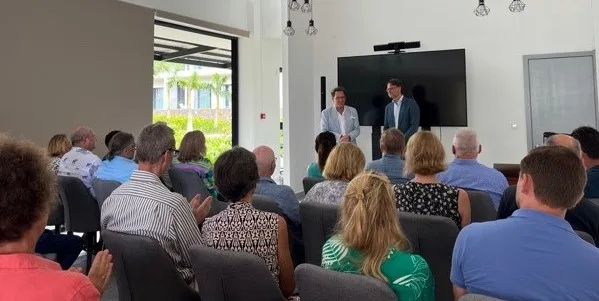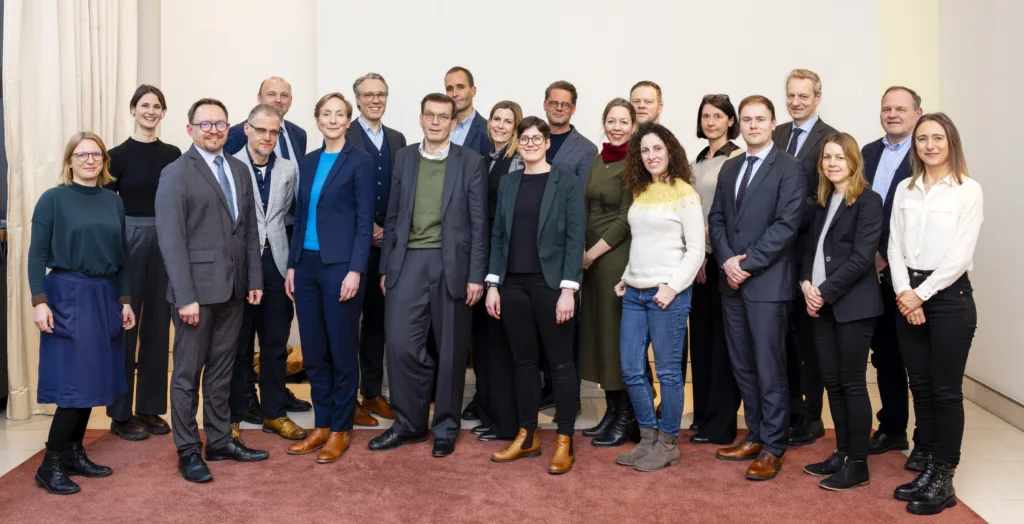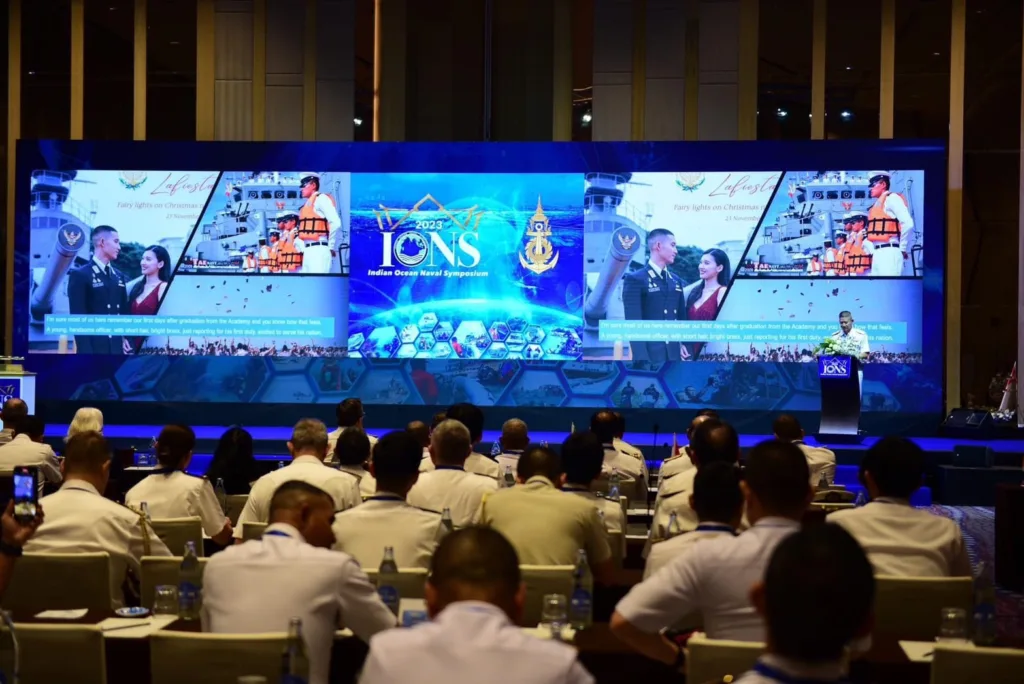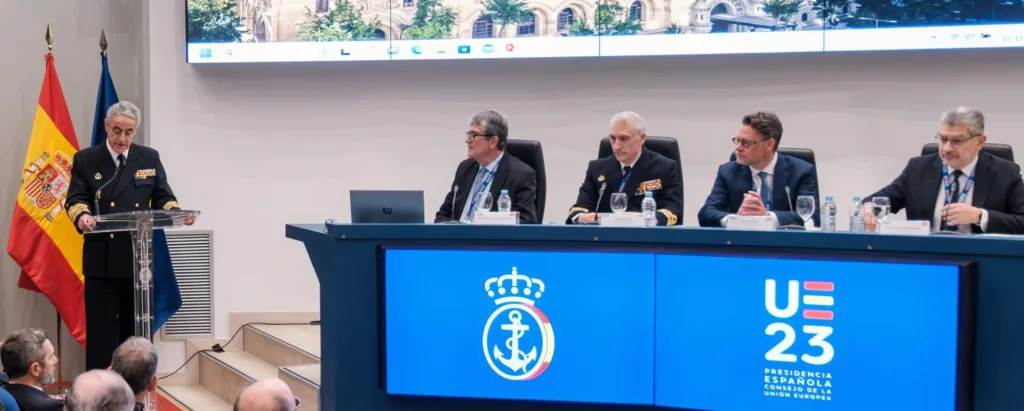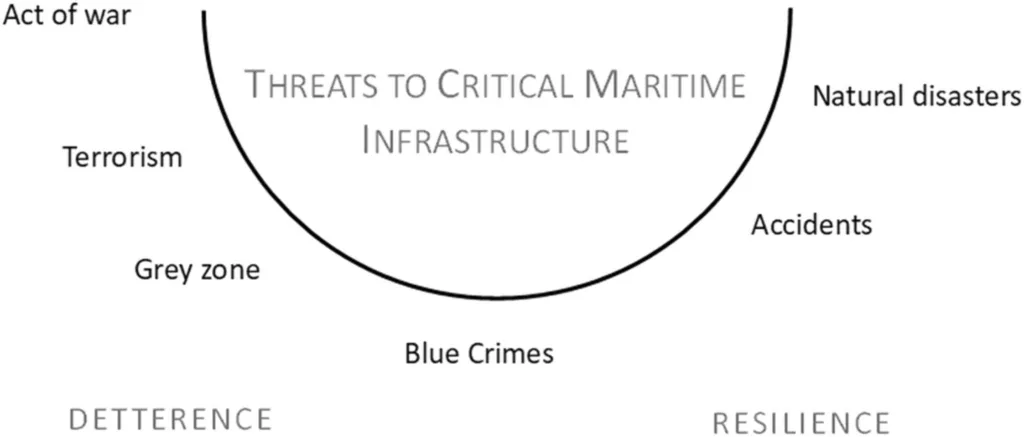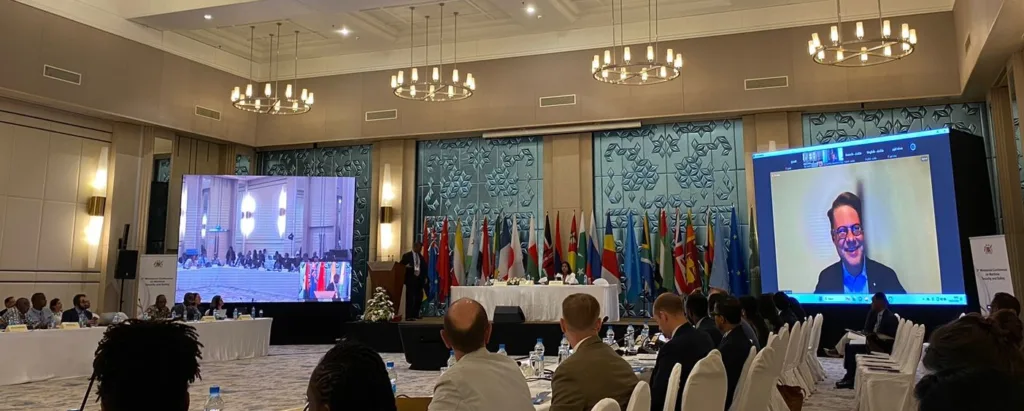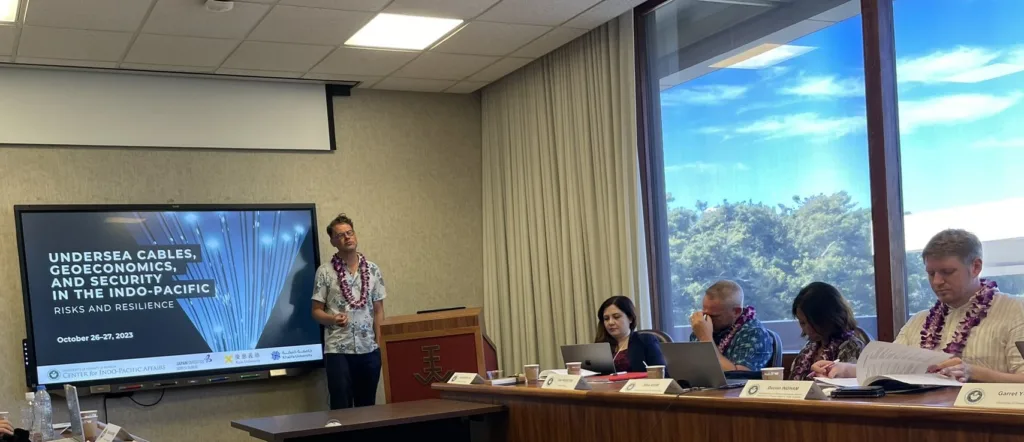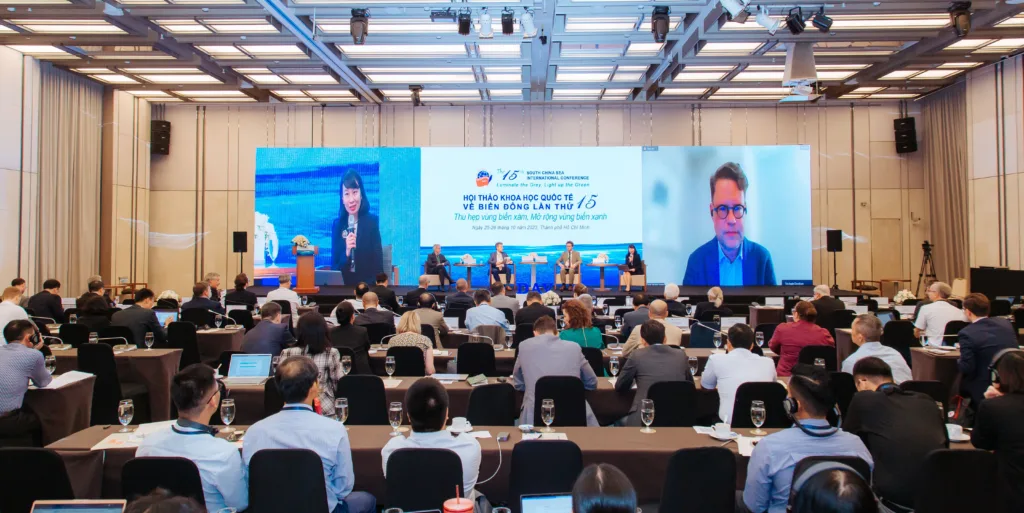In the last week of February I had the pleasure to give two public talks on global ocean politics and the security dynamics in the Western Indian Ocean.
The first talk was generously hosted by the University of Mauritius Faculty of Social Science. In the talk I investigated the rise of global ocean politics and the role of the Western Indian Ocean within it. Showing the politics behind different regional dynamics, I ended with a discussion on the consequence for small island states and the need to develop smart foreign policies. Holding larger states accountable to ensure they engage in stewardship, prioritizing regional integration, and exercising globally visible leadership were some of the strategies I highlighted.
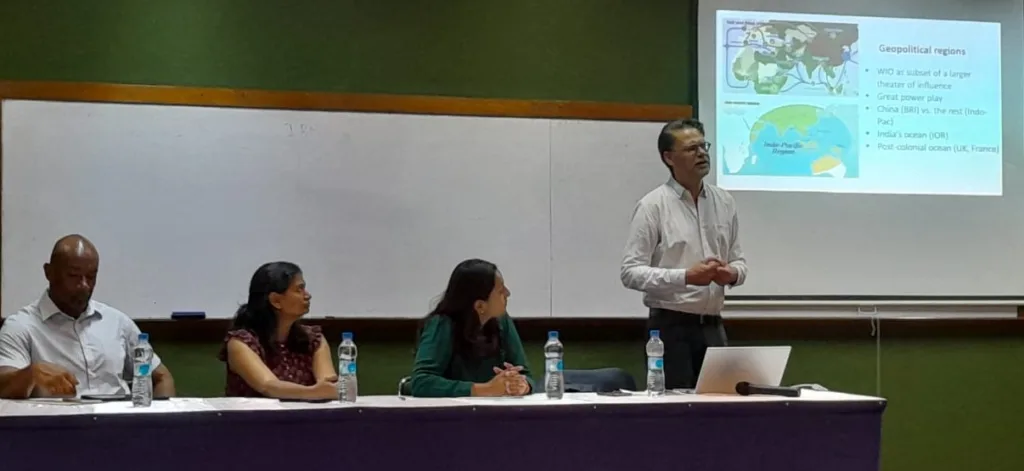
It was followed by comments by Pooja Awotar (Indian Ocean Commission and PhD Candidate at the Centre d’Etudes Diplomatiques et Stratégiques, Paris, France). The discussion focused on what smartness might mean in the current regional environment and how states can escape the militarization dilemma.
The second talk was hosted by the Honorary Consul of Germany to Mauritius. In the talk I provided a short history of the Western Indian Ocean and investigated the different positions of actors in more depth, ending on current challenges such as the crisis in the Red Sea. The discussion centered on the long term consequences of these developments and implications for sustainable development.
